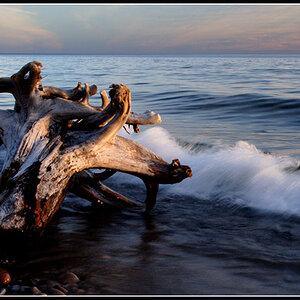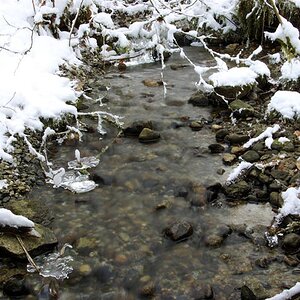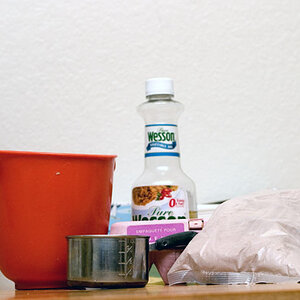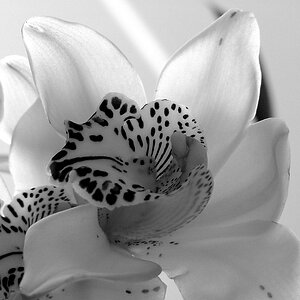loves_guitar
TPF Noob!
- Joined
- Oct 12, 2006
- Messages
- 88
- Reaction score
- 0
- Location
- BC, Canada
- Can others edit my Photos
- Photos OK to edit
In my ongoing efforts to become a better photograher, I found this great article.
http://www.myfourthirds.com/document.php?id=11237
I particularly liked the point that all the great pictures in history were taken with more primitive cameras than what we possess right now.
http://www.myfourthirds.com/document.php?id=11237
I particularly liked the point that all the great pictures in history were taken with more primitive cameras than what we possess right now.









![[No title]](/data/xfmg/thumbnail/32/32166-ddd2797e76a9226d289c2158c3cf7b67.jpg?1619735234)

![[No title]](/data/xfmg/thumbnail/32/32165-6bb394c486dda7ec16d8fee786f03151.jpg?1619735234)

![[No title]](/data/xfmg/thumbnail/32/32164-d68fa2de02f9bef524bbd68aac2f12e4.jpg?1619735234)